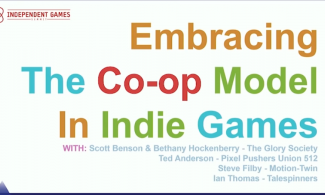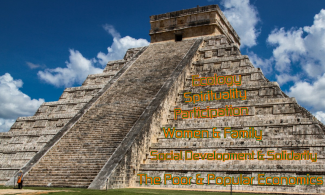Forestry cooperatives for smallholders in Ethopia?
The status quo is that farmers sell their woodlots to middlemen or traders at farm gate as standing trees. Not every farmer is equipped with market price information. Farmers as individuals have less bargaining power when confronted with a middleman. This implies the need of a more transparent way of selling tree products, so as to create an incentive for tree growing in the long run.





